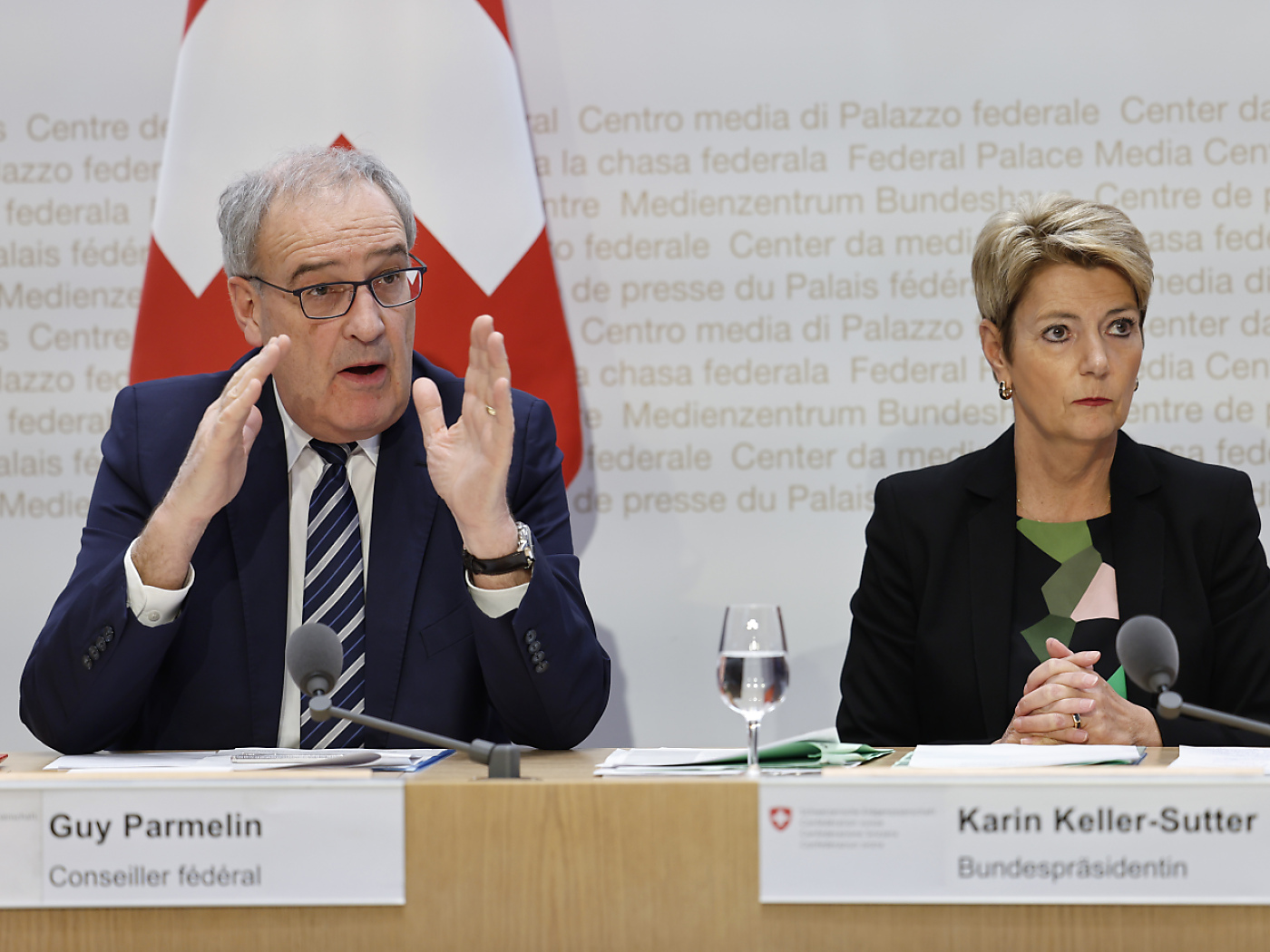Should foreign nationals with Swiss roots be allowed to work in Switzerland?

A motion from Senator Carlo Sommaruga is calling for a special immigration quota for the descendants of Swiss emigrants without citizenship so that they can find work in Switzerland more easily. The Swiss government has rejected the motion – now it's up to parliament to decide.
There are several tens of thousands in South America alone. One can only guess how many there are worldwide. What we do know is that the number of people descended from Swiss emigrants who have lost their Swiss citizenship over generations is high.
Despite the distance, many maintain a connection with their Swiss roots to this day. They dream of regaining Swiss citizenship or at least spending some time living and working in Switzerland. However, it is not only their financial situation that makes it impossible for these descendants – many of whom live in South America – to travel to Switzerland. They often fail to get a residence permit, and if they want to stay in Switzerland for longer and work, they are not granted a visa.
Now a motion External linksubmitted by Senator Carlo Sommaruga of
Switzerland’s Social Democratic Party wants to change this and will be discussed in the current parliamentary session. It calls for the creation of an additional special quota of residence permits with gainful employment for the descendants of Swiss citizens who have neither Swiss citizenship nor the citizenship of a country within the European Union or the European Free Trade Association (EFTA).
On March 20, 2025, the Swiss Senate discussed – and roundly rejected – Sommaruga’s motion, meaning it is now off the political agenda. In total, 28 Senators came out against the idea, eight were in favour, and seven abstained.
Benefits to the Swiss economy?
“Within this community of descendants of Swiss citizens without citizenship, there is a will to strengthen the connection with Switzerland,” said Sommaruga. He said he noticed this, among other things, during his trip to Argentina and Brazil with a delegation of parliamentarians last year.
As reported by SWI swissinfo.ch in January, a petition submitted by 11,500 descendants of Swiss emigrants in South America calling for easier access to citizenship also clearly demonstrated this desire.

More
Thousands of emigrants’ descendants in Argentina demand Swiss citizenship
“In the current political context, however, I see little chance for this cause politically,” admits Sommaruga, even though he feels the request is justified. He described his motion as an alternative approach to supporting the thousands of Swiss descendants.
In his motion, Sommaruga stresses the connection between the descendants of Swiss emigrants and the Alpine nation. He states: “These descendants of Swiss nationals living on other continents bear names that are very common in our cantons. They are often active in associations that foster connections with Switzerland, take part in patriotic festivals such as the August 1 celebrations and contribute to the preservation of Swiss culture as members of choirs that have our Swiss songs in their repertoire.” Some of them also maintain the language or dialect of their ancestors.
“It is obvious that many of these descendants of Swiss nationals in Argentina, but also in Uruguay and Chile, are in difficult economic situations but have skills that could benefit the Swiss economy,” the left-wing parliamentarian told SWI swissinfo.ch in an interview. They would like to come to Switzerland to find a good job, but also to be able to contribute their knowledge to the Swiss labour market.
Not simply a question of equal treatment
People from outside Europe cannot enter Switzerland under the free movement of persons accord. Ordinary quotas apply for citizens who are not from EU or EFTA states, and there is a special quota for UK nationals following Brexit.

Descendants of Swiss nationals who are citizens of ‘third countries’ can therefore only access the labour market in Switzerland within the framework of strict quotas.
“This unequal treatment must be considered,” said Sommaruga. He added, however, that it is not just a question of fairness, but also of practical economic benefits for Switzerland.
Sommaruga sees the introduction of an additional special quota as an opportunity for the descendants of Swiss emigrants to make a greater contribution to the Swiss economy and therefore partially mitigate the skilled worker shortage.
He is convinced that “among this community of Swiss nationals’ descendants who do not have Swiss citizenship, there are not only executives and top researchers, but also many people with very different specialist skills who can meet the current and future demands of Swiss companies”. They have the great advantage of being easy to integrate, especially those who have cultivated links with their ancestors’ homeland.
A means to easier re-naturalisation?
But isn’t this creation of a special quota just a means to enable these descendants to stay in Switzerland for longer so they can be re-naturalised? Anyone who has forfeited their Swiss citizenship can apply for re-naturalisation after three years of residence in Switzerland.
Sommaruga was ambiguous about whether he was also pursuing this goal. “It’s clearly about reacting to an economic need,” he said, and that if the consequence of this is that these descendants can regain Swiss citizenship, “all the better”.
Government opposition
In its response to the motion, the government recognised “the importance of the cultural and emotional ties that some descendants of Swiss Abroad still feel with their country of descent even after many years”. It said these communities play a key role in Switzerland’s international network and the preservation of Swiss traditions. However, it added that the descendants of Swiss nationals abroad already had privileged access to the Swiss labour market, as they can retain Swiss citizenship simply by registering.
This is if they have citizenship already. Nevertheless, the Federal Council is against introducing an additional quota for the benefit of Swiss descendants. The “significant administrative challenges” that such a quota would entail would include a great deal of time and expense – “which would be contrary to the principle of administrative efficiency”.
Sommaruga seeks a pragmatic solution: “Why not introduce a quota for five years and see how it works?” He is convinced that the administrative burden could be reduced with clear criteria.
Edited by Balz Rigendinger. Translated from German by Katherine Price/sb
More

In compliance with the JTI standards
More: SWI swissinfo.ch certified by the Journalism Trust Initiative










You can find an overview of ongoing debates with our journalists here . Please join us!
If you want to start a conversation about a topic raised in this article or want to report factual errors, email us at english@swissinfo.ch.